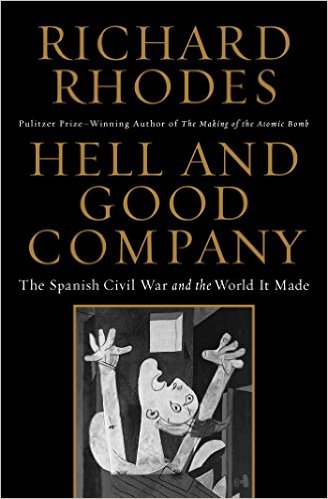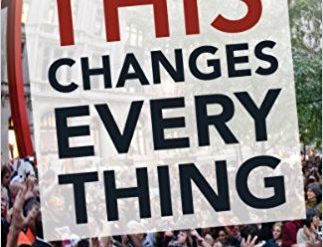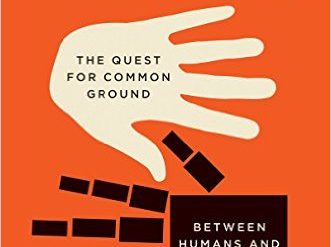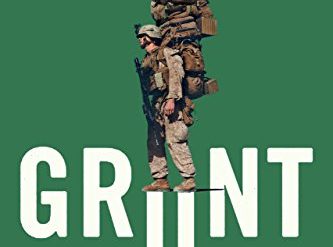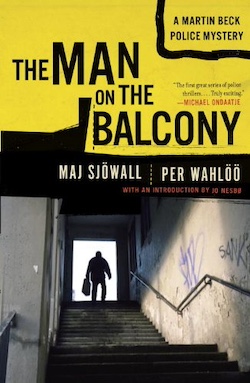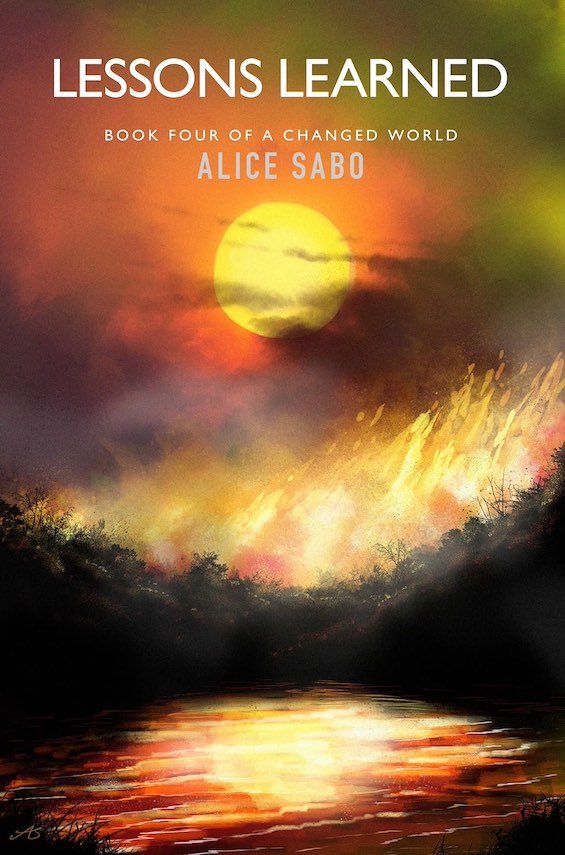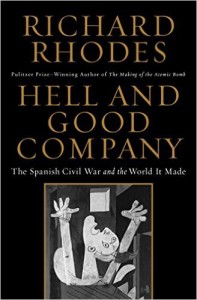
In the Preface to Hell and Good Company: The Spanish Civil War and the World It Made, Richard Rhodes writes “This book only incidentally concerns Spanish politics. . . I was drawn, rather, to the human stories that had not yet been told or had been told only incompletely. I was drawn as well to the technical developments of the war.” The book’s subtitle pledges to paint a picture of “the World It Made” as well. Unfortunately, the pages that follow do not deliver on any of these promises.
Estimated reading time: 3 minutes
What was the Spanish Civil War really like?
Instead of looking at the war through the eyes of its principals — the soldiers who fought on both sides — Rhodes devotes the lion’s share of his attention to the outsiders who, in the main, figured on the periphery of the conflict: writers Ernest Hemingway, Andre Malraux, John Dos Passos, Muriel Rukeyser, and George Orwell; journalists Herbert Matthews and Martha Gellhorn; English scientist J. B. S. Haldane; physicians Norman Bethune, Edward Barsky, and Duran Jorda; nurse Patience Darton; and, naturally, Pablo Picasso.
Hell and Good Company: The Spanish Civil War and the World It Made, by Richard Rhodes (2015) 337 pages ★★★☆☆
Rhodes is particularly enamored of Picasso, occupying page after tedious page with detailed descriptions of the many drafts on paper and canvas that preceded the artist’s seminal work, Guernica. Even Benito Mussolini and Adolf Hitler receive more attention in the book than any but a tiny handful of Spaniards. Some of this is interesting for the light it casts on the lives and careers of these prominent individuals. The same can’t be said about the lived reality of the half-million people, mostly Spaniards, who died in what has been widely described as the precursor to World War II.
Rhodes’ pledge to explore “the technical developments of the war” falls flat, too. He catalogs the types of aircraft sent to Spain by Germany, Italy, and Russia, and refers to their relative capabilities, but there is little new information about “developments” worthy of the name. He devotes more attention to advances in battlefield medicine: the work of Dr. Bethune and his Catalan counterpart, Dr. Duran Jorda, in introducing and refining a new approach to blood transfusions, which led to “the world’s first battlefield shipment of preserved blood,” and improvements in triage to focus surgeons on those who could benefit the most from their work.
Rhodes gives short shrift to an account of the fighting. Nearly all his attention is focused on the siege and defense of Madrid and on the horrific bombing campaign that leveled Guernica, with an abbreviated account of the Abraham Lincoln Battalion’s participation in the Battle of Jarama.
Is all this a case of dishonest packaging — an inappropriate title and a misleading preface? Perhaps. But no matter how you cut it, Hell and Good Company was a decidedly unbalanced account of the Spanish Civil War.
I expected more from Richard Rhodes.
About the author
Richard Rhodes deservedly won the Pulitzer Prize in 1988 for The Making of the Atomic Bomb. An historian and journalist, he has written dozens of other nonfiction books as well as four novels.
For related reading
My post 5 top nonfiction books about World War II may also interest you.
You may enjoy browsing through 20 top nonfiction books about history.
If you enjoy reading history in fictional form, check out 20 most enlightening historical novels.
And if you’re looking for a broader view of human history, check out New perspectives on world history.
And you can always find my most popular reviews, and the most recent ones, on the Home Page.

